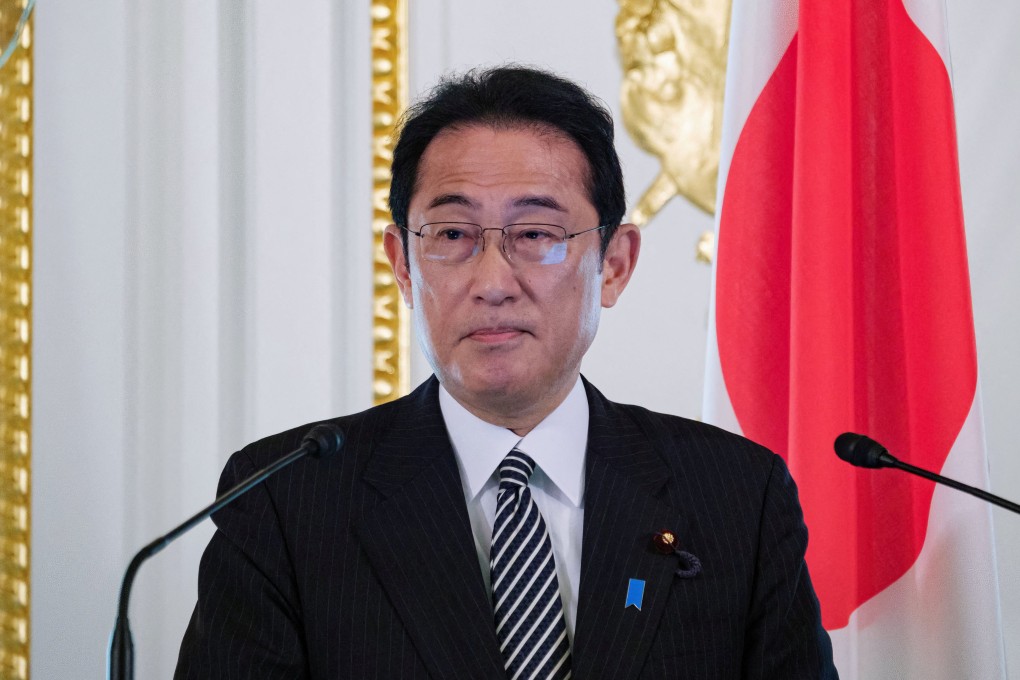Japan’s snub of talks with South Korea on sidelines of Nato summit a ‘missed opportunity’
- Japanese PM Fumio Kishida’s move comes apparently out of concern it would be viewed poorly by voters ahead of the Upper House election
- But analysts say his reluctance to appear ‘soft’ on historical issues is ‘short-sighted’ amid growing security challenges in the region from China, North Korea and Russia

Analysts, however, say Kishida’s snub of his South Korean counterpart represents a “missed opportunity” that could trigger renewed antagonism in Seoul, which has been working hard to rebuild bridges with Tokyo since Yoon came to power in May.

“Kishida does not want to be seen to be going along with the South Korean leader’s request for a meeting as it would make him seem weak, to be making concessions,” said Akitoshi Miyashita, a professor of international relations at Tokyo International University.
Japan is also unhappy that a South Korean government surveying vessel was spotted operating close to disputed islands in the Sea of Japan earlier this month. The islands are controlled by South Korea and are known there as Dokdo, but are claimed by Tokyo, which refers to them as Takeshima.
“The Japanese people are, I think, divided,” Miyashita said. “Conservatives insist on seeing any sign of rapprochement towards Seoul as indicating weakness.